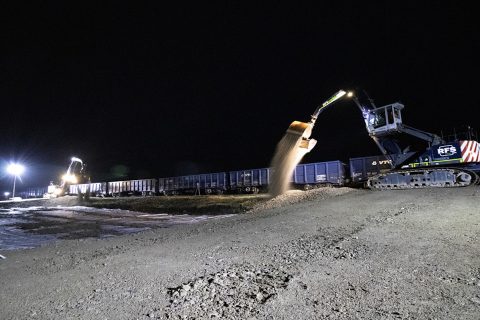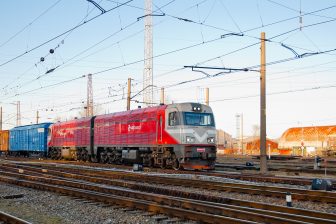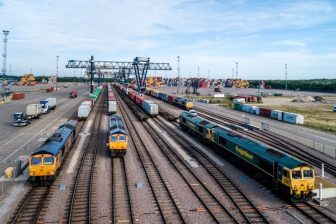
UK 2021 – Another hard day’s night or a ticket to ride?
If there is one recurring theme in Britain’s rail freight crystal ball for the next 365 days, it is that change is on the way. New plans for old traction, old plans for new tracks. If this sounds a lot like 2020, you might be right. Read on to find out how right you are. Here are the most anticipated rail freight developments in the coming twelve months.
Do you want to read the full article?
Thank you for visiting RailFreight.com. Become a member of RailFreight Premium and get full access to all our premium content.
Are you already a member?
Having problems logging in? Call +31(0)10 280 1000 or send an email to customerdesk@promedia.nl.




